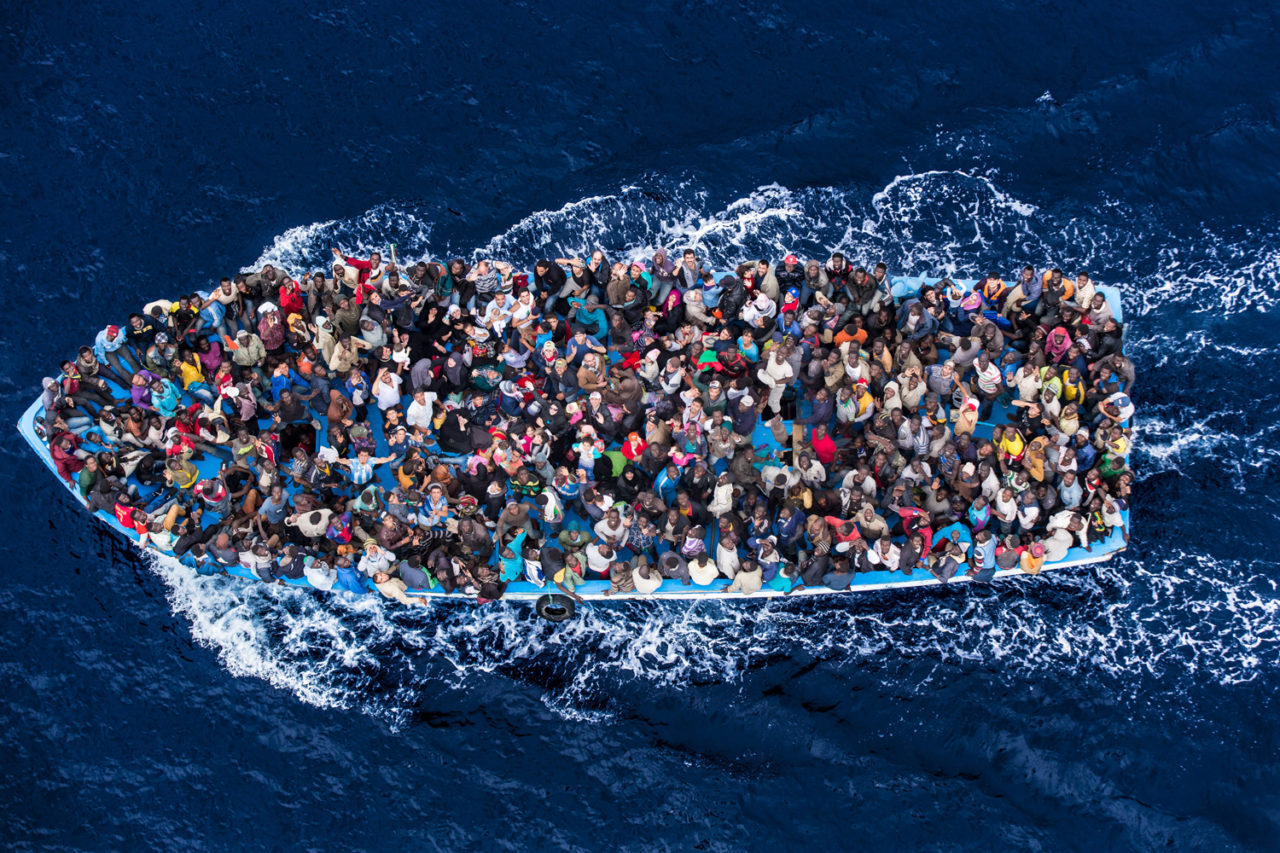
Territoriality, sovereignty, identity are the benchmarks of governments that analyze migration flows and manage border crossing. They are the logical preoccupations of repression or acceptance of the migrant with security. However, we must not forget the public health that is present. But is it sufficient, however, among peoples and nations?
What about health systems around the world especially in countries ravaged by conflict? Is social protection at the heart of the provisions affecting the entry and residence of foreigners?
WHO has been providing humanitarian responses and since 2016 has been committed to strengthening health systems and achieving universal health coverage.
In addition, a further step was taken in 2018 with the establishment of a global health pact for safer and more elaborate migration, which should lead to a new 2020 health framework, the result of a concerted Member States.
This framework will certainly enable decision-makers to have a clearer vision of needs. However, we must mobilize on the ground in order to have effective solutions and to allow each person traveling without discrimination of sex, age, religion, nationality or race and to each host country, whatever the legal status to benefit of this protection.
We must ensure the interest of migrants but also to the host countries. In this context, access to vaccination to avoid the importation of infectious agents and prevention measures on mosquito bites are issues dealt with by the UNF, which is associated with the implementation of the global program of Malaria control, which aims to reduce the case of malaria by 2030 by at least 90% and to eliminate it in at least 35 countries.
The UNF, whose objective is to strengthen inter-country and inter-agency coordination and collaboration, is associated with concrete and immediate interventions in this area, provides a forum for belligerents and makes its experts in this field available.


